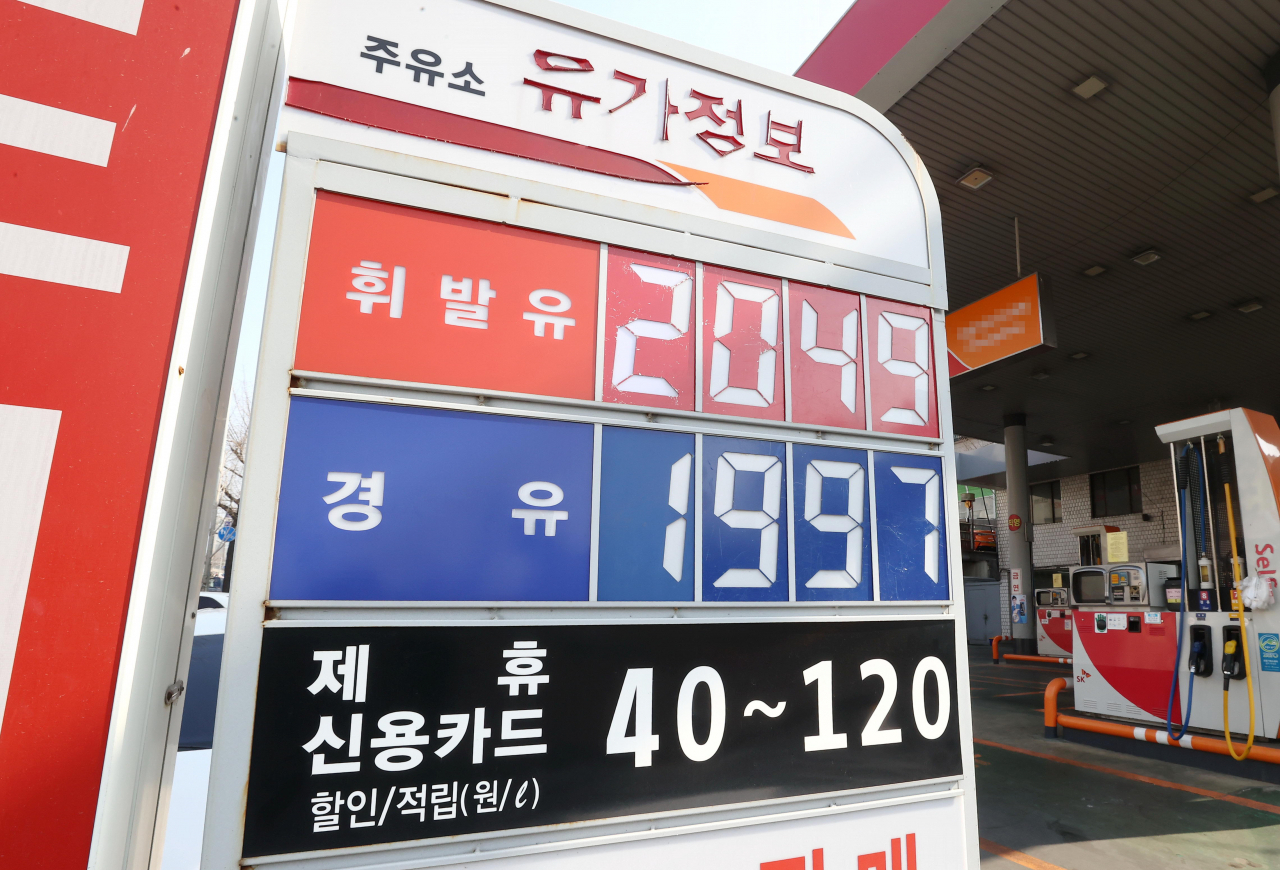 |
The Bank of Korea has revised up its 2022 inflation growth rate to 3.1 percent from its earlier estimate of 2 percent. (Yonhap) |
Finance Minister Hong Nam-ki on Thursday cited the Ukraine crisis, high inflation and currency volatility as the biggest risks to the South Korean economy, his office said.
Hong called for thorough policy efforts to better tackle the economic fallout of Russia's invasion of Ukraine and cope with growing inflationary pressure amid surging energy costs.
He also called attention to increased external economic risks as the Korean currency has sharply weakened against the US dollar on investors' demand for safer assets.
His message came after main opposition candidate Yoon Suk-yeol was elected as South Korea's next president to succeed outgoing President Moon Jae-in.
Yoon faces the daunting task of propping up the economic recovery amid growing concerns that the Ukraine crisis could undercut economic growth and stoke inflation.
The Ukraine conflict has sparked fears about global stagflation, a mix of high prices and slumping growth.
Oil and other raw material prices have surged as the Ukraine crisis has fanned concerns about supply disruptions. South Korea relies on imports for its energy needs.
Experts said the country's consumer inflation growth could spike to 4 percent in the coming months due to high energy costs and demand-pull price pressure from the economic recovery.
South Korea's consumer prices grew 3.7 percent on-year in February, marking the fifth straight month that inflation has grown more than 3 percent, above the central bank's inflation target of 2 percent.
The Bank of Korea has revised up its 2022 inflation growth rate to 3.1 percent from its earlier estimate of 2 percent. (Yonhap)




![[Exclusive] Hyundai Mobis eyes closer ties with BYD](http://res.heraldm.com/phpwas/restmb_idxmake.php?idx=644&simg=/content/image/2024/11/25/20241125050044_0.jpg)

![[Herald Review] 'Gangnam B-Side' combines social realism with masterful suspense, performance](http://res.heraldm.com/phpwas/restmb_idxmake.php?idx=644&simg=/content/image/2024/11/25/20241125050072_0.jpg)
